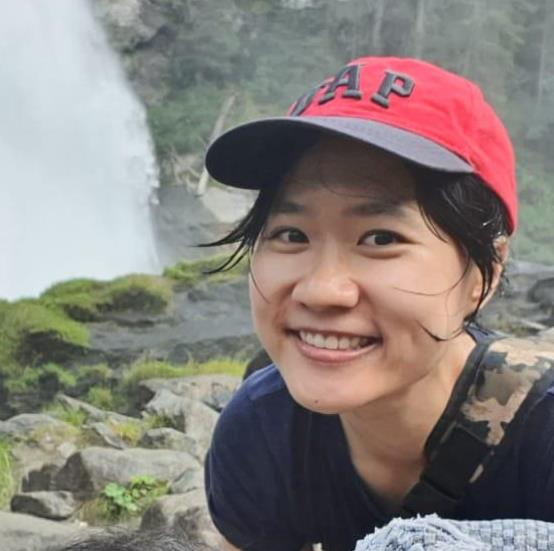
Alcine Chan
Nationality: Singapore
Faculty & Year of Study: Faculty of Science, Year 3
Undergraduate: National University of Singapore, Singapore
"It is perfectly ok (and normal) to feel frustrated or demoralised at times, but it is through these setbacks that we learn the most."
